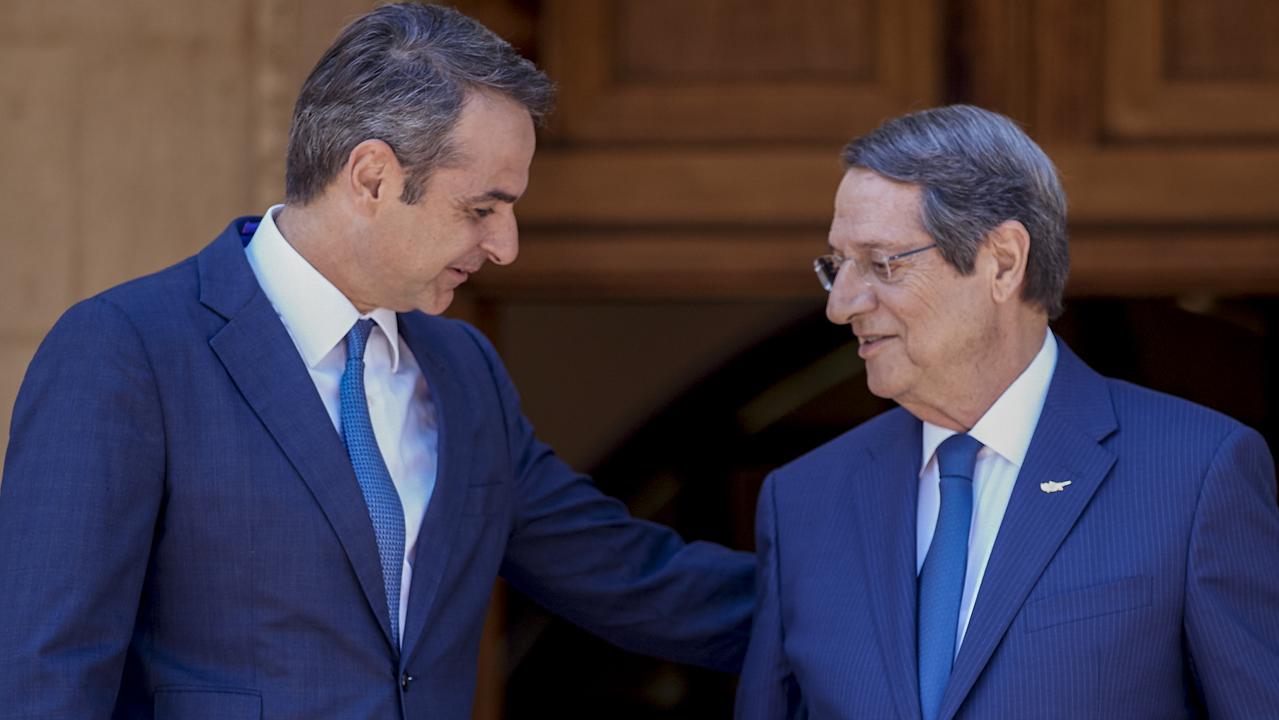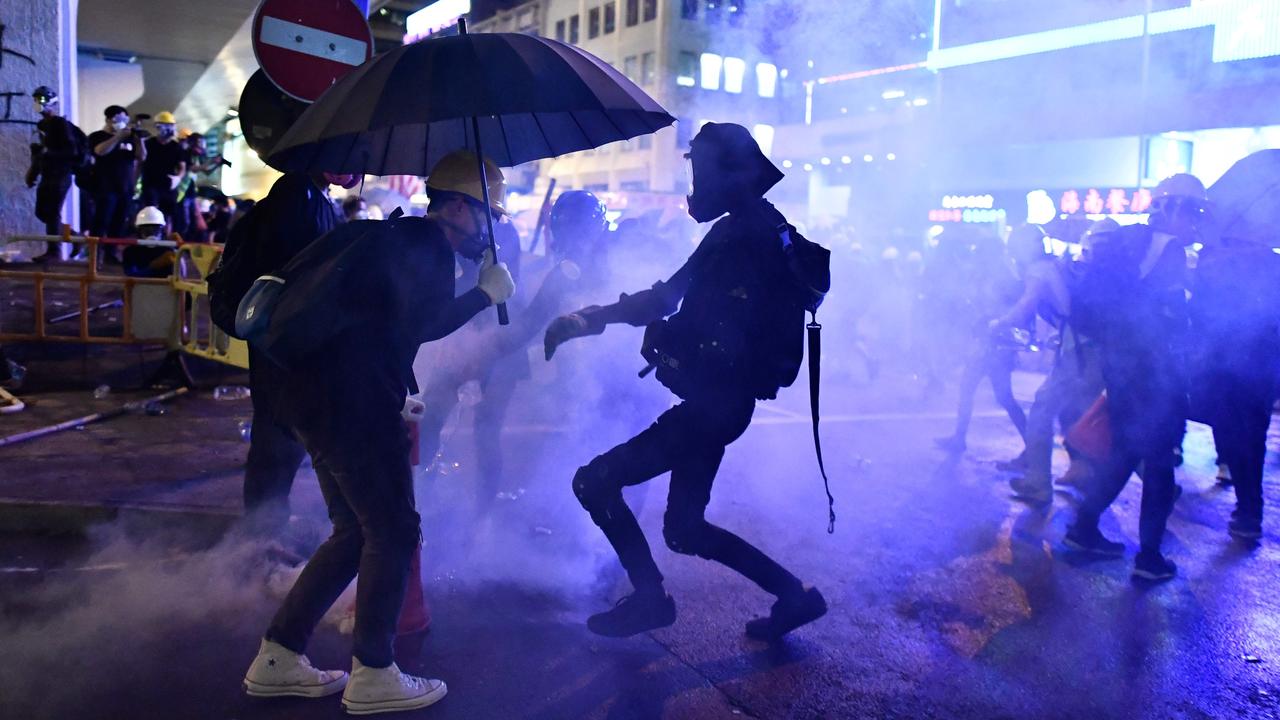Clues to Xi Jinping’s clout go on show at China’s party congress
Those seeking ways to assess Xi Jinping’s supremacy over China will eagerly watch the Communist Party congress.

One key indicator is whether the President will reduce the Politburo Standing Committee — the top decision-making body — from seven members to five. It was nine before Mr Xi became party general secretary in 2012.
Another clue is whether anyone on the committee will have the right combination of experience and relative youth — aged under 68 — to put them in line to replace Mr Xi at the next congress, in 2022. If not, this would suggest he will carry on for at least a third term, to 2027, defying the party’s recent conventions, although not its constitution.
A further pointer will be whether Mr Xi’s ideology will be become part of the party constitution, elevating him to thought leader — a status achieved by only Mao Zedong and Deng Xiaoping.
Then there is the wide-ranging career of Wang Qishan — viewed as Mr Xi’s closest associate among the party elite. Will he be retained in high office for a further five years?
Mr Wang met Mr Xi when they were “sent down” to the countryside during the Cultural Revolution, in the revolutionary heartland of Yan’an, Shaanxi province.
At first a historian, he became a rural policy researcher for the party’s central secretariat after his father-in-law, Yao Yilin, became an alternate member, and was to go on to become a Vice-Premier. From 1988 he took up important positions in the state finance sector, including as governor of the giant China Construction Bank.
He exhibited remarkable poise and financial market expertise in explaining to the then all-powerful global investment banks why Beijing refused to compensate them for the failure of a provincial government investment vehicle — when such institutions were considered hazard-proof.
He replaced the disgraced Men Xuenong as Beijing mayor in 2003 after the SARS respiratory epidemic struck the city, immediately ordering greater transparency.
He then became a vice-premier, leading the annual strategic and economic dialogue with the top US leaders.
It was widely expected that when Mr Xi became general secretary in 2012, he would tap Mr Wang to become the country’s top economic planner. Instead, while being elevated to the Politburo Standing Committee, he was appointed to head the party’s Central Commission for Discipline Inspection.
Some speculated that this meant Mr Wang’s career was faltering.
They were wrong. The CCDI has itself moved centre-stage, under Mr Wang, to become the most powerful agency in the party-state apparatus — and will soon spawn an even larger and stronger body, the Supervisory Commission, which will have unlimited powers to enforce political orthodoxy within all state-related institutions, and to investigate any deviation that may be labelled “corruption”.
Mr Xi trusts Mr Wang implicitly. With leading party antecedents, both have “red blood”, a quality often underlined by Mr Xi as confirming loyalty.
Fugitive Chinese entrepreneur Guo Wengui has focused, in his social media onslaught from the US on China’s political elite, on personally attacking Mr Wang and his family.
Mr Xi might have been expected to keep his close ally in high office during the reshuffle of top jobs at the congress, because Mr Wang has energised and empowered the CCDI to remove thousands of cadres said to be corrupt, including several viewed as potential rivals to Mr Xi.
But Mr Wang has turned 69, and the party’s convention allows those aged up to and including 67 to retain their positions, while those aged 68 and above are required to step aside. If Mr Xi keeps him on, this will create a precedent for himself to stay on when he is also 69 at the following congress. However, it might also be viewed by many party members as over-stretching even his dominance, to break so many conventions.
And his apparent dependence on Mr Wang cuts both ways. Mr Xi may wish to demonstrate that he is above such obligations and loyalties, by applauding his career and letting him go. The second-most-powerful figures in China do not have a great history of sustained success. Reuter’s reported last week that 12 of 16 “people with ties to China’s leadership” said Mr Wang would retain a leadership role. But such secrets are effectively guarded within a tiny elite party circle, with controls on communicating becoming ever more rigorously policed, thanks in large measure to Mr Wang’s unyielding work at the CCDI.




Those seeking ways to assess Xi Jinping’s supremacy over China will be eagerly watching the 19th five-yearly Communist Party congress when it starts on Wednesday in the Great Hall of the People in Beijing.